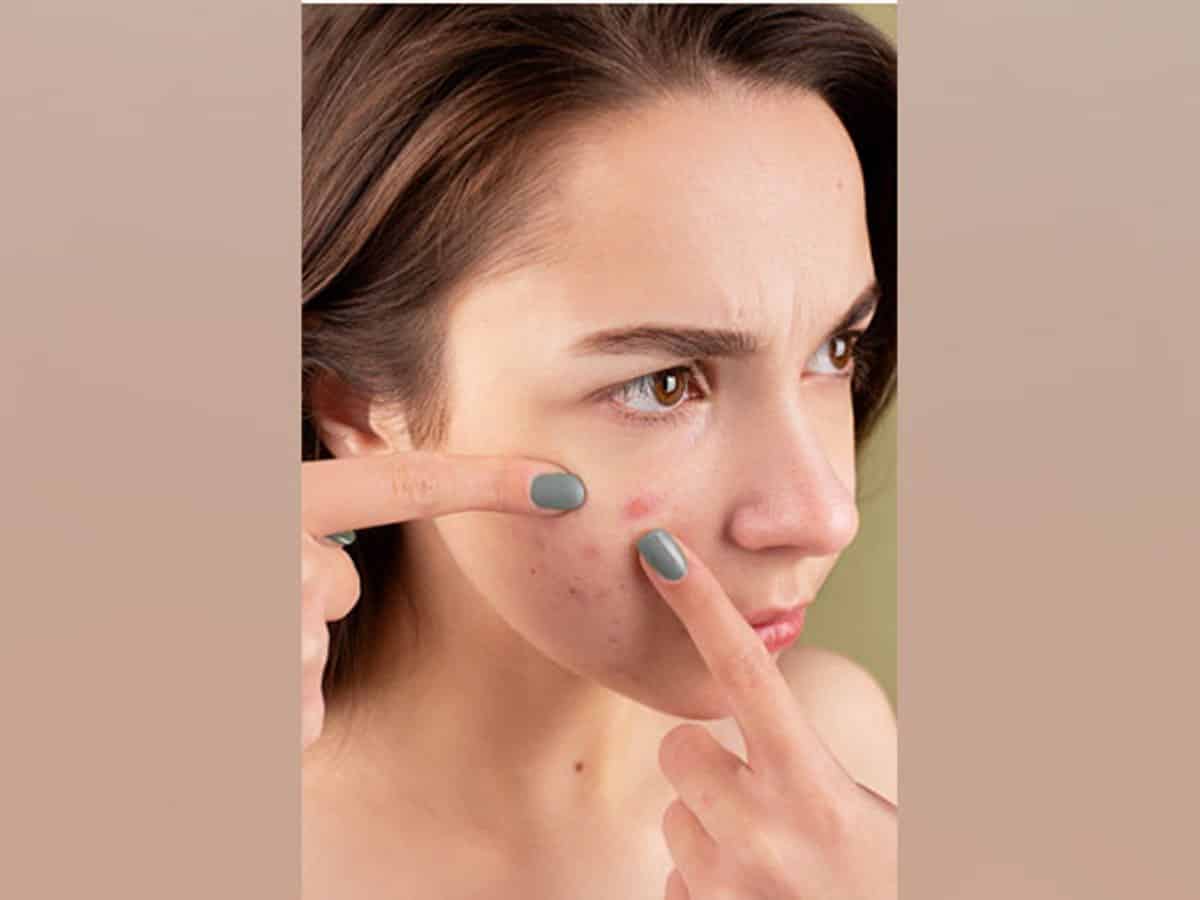
London: The thing that everyone hates but can’t get rid of overnight, is undoubtedly, acne. People spend money on every possible facewash, serum or scrub that can help them get rid of it. Now, a recent study of the genetics of acne has identified 29 regions of the genome that influence the condition.
The study was published in ‘Nature Communications’. These genetic insights offered potential new targets for treatment. They may also help clinicians identify individuals at high risk of severe disease.
The research, was the largest study of its kind, involving genetic data from over 20,000 individuals with acne. It was supported by the National Institute for Health Research Guy’s and St Thomas’ BRC. The study was led by investigators at the St John’s Institute of Dermatology at Guy’s and St Thomas’ NHS Foundation Trust and King’s College London and the QIMR Berghofer Medical Research Institute in Brisbane.
Acne is a common skin condition. Estimates indicate it affects 80 per cent of teenagers. Spots and cysts, pigment changes and scarring are all common features. The face is the most common site, with the chest and back also frequently involved. The negative psychological consequences of acne are seen in all ages, but perhaps of particular concern for teenagers.
The study analysed nine genome wide association study datasets from patients around the world. It involved scanning the whole genomes 20,165 people who had acne and 595,231 people who did not. The study identified 29 new genetic variants that are more common in people with acne. It also confirmed 14 of the 17 variants already known to be associated with the condition. This brings the total number of known variants to 46.
Professor Catherine Smith, a Professor of Dermatology and Therapeutics at St John’s Institute of Dermatology at Guy’s and St Thomas’, said: “Despite major treatment advances in other skin conditions, progress in acne has been limited. As well as suffering from the symptoms of acne, individuals describe consequent profound, negative impacts on their psychological and social wellbeing. It’s exciting that this work opens up potential avenues to find treatments for them.”
A number of genes were identified that are common in people with acne and are also linked to other skin and hair conditions. The team believed that this will help to understand the causes of acne, which could be a mix of factors.
Professor Michael Simpson, the Head of the Genomic Medicine Group at King’s College London, said: “We know that the causes of acne are complicated, with a mix of biological factors such as genetics and hormones, and environmental factors. Understanding the genetics of the condition will help us to disentangle some of these causes, and find the best way to treat the condition. This is a really promising area for further study, and opens up a lot of avenues for research.”
The research also found a link between the genetic risk of acne and disease severity. Individuals who have the highest genetic risk are more likely to have severe disease. While further research is required, this finding raises the potential to identify individuals at risk of severe disease for early intervention.

